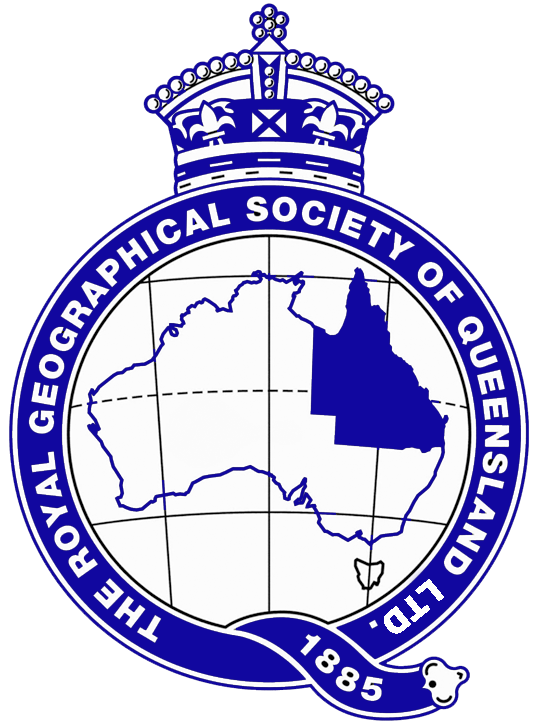Menu
Log in
- Home
- The challenges of implementing sustainable cropping systems in north-eastern Australia
The Royal Geographical Society of Queensland Ltd. | Patron |
Privacy Policy | Contact Us | © RGSQ | Site Map |
Powered by Wild Apricot Membership Software
